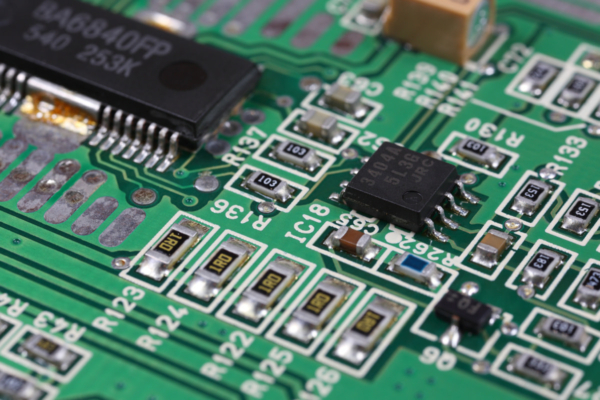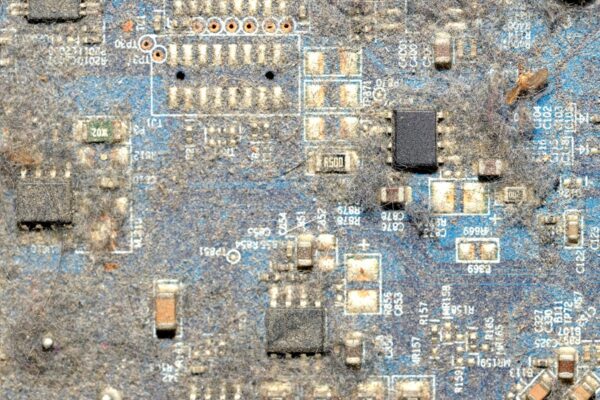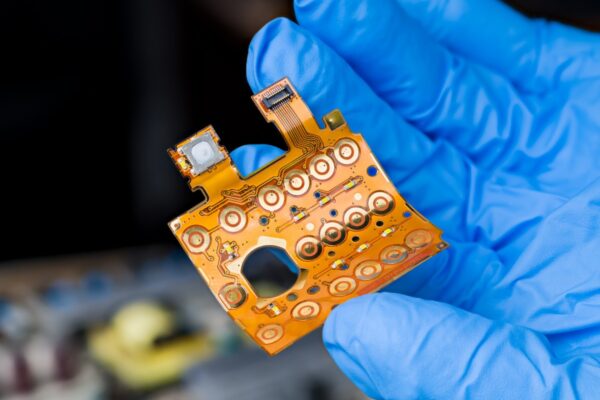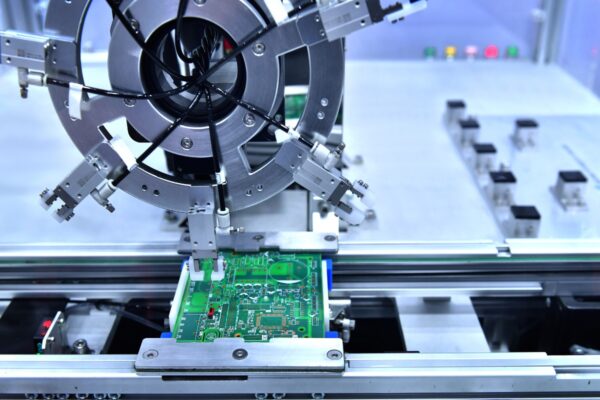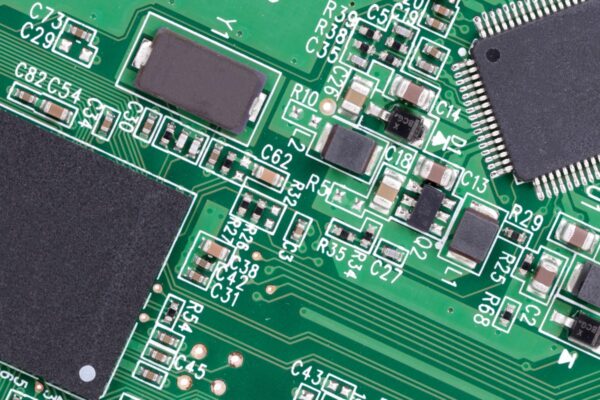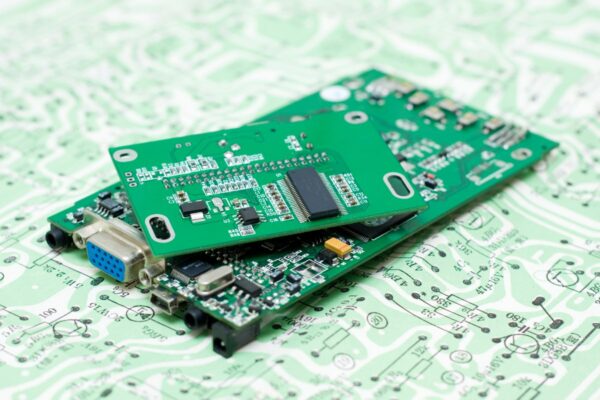What is Electrode Deposition
Electrode deposition is the electrochemical process of depositing a conductive material onto a substrate, typically a PCB electrode, by applying an electrical current. This process involves the use of a plating source and an electrolyte. The conductive material is deposited onto the substrate through the application of an electric field.
Electrode deposition is used for plating the hole walls, ensuring a reliable connection between different layers of the circuit board. Additionally, electrode deposition is employed to add plating to the copper pattern on the PCB, creating the necessary conductive pathways for electrical signals to pass through the board.
The process of electrode deposition can be achieved through various techniques, including electroplating and pulse electroplating. Electroplating involves the continuous application of an electrical current to deposit a uniform layer of the conductive material onto the substrate. Pulse electroplating, on the other hand, utilizes a series of pulses with varying current or potential values to control the composition and thickness of the deposited film.
